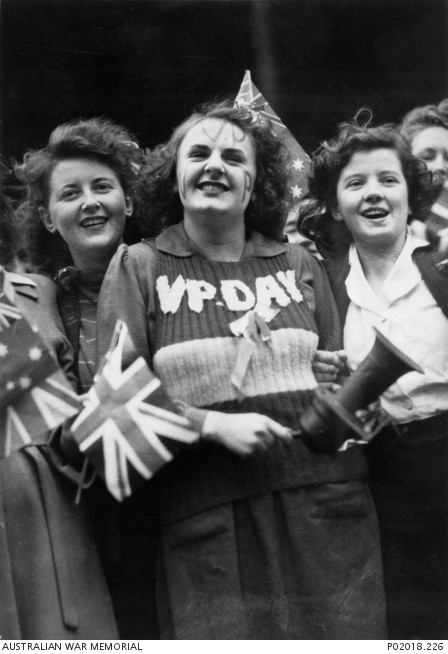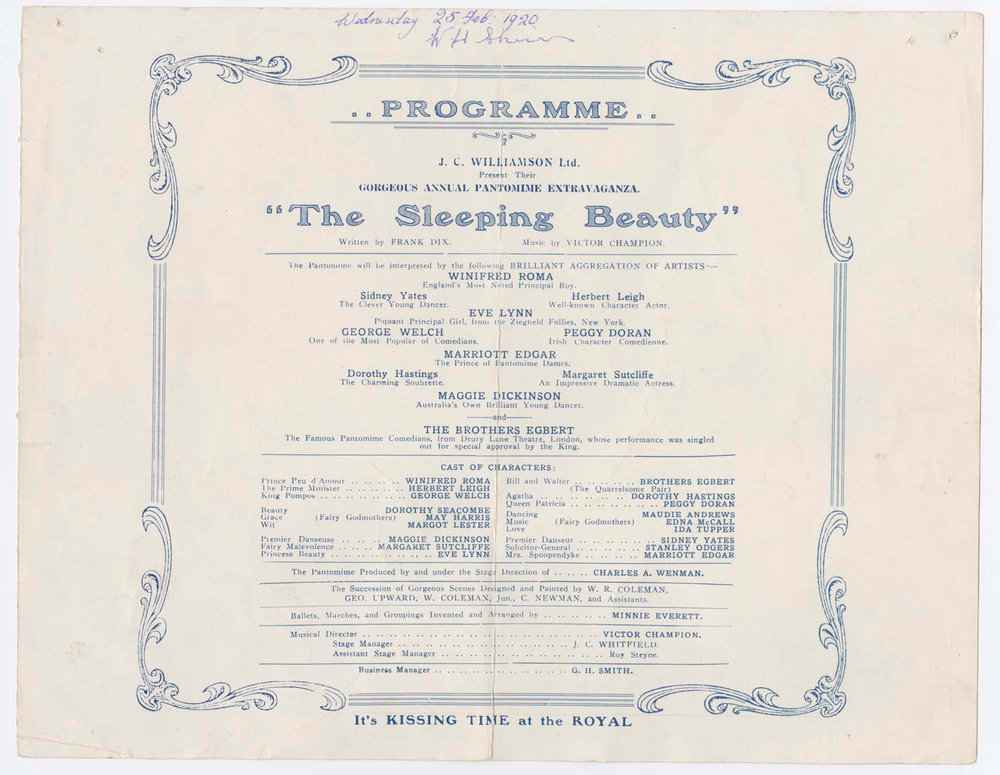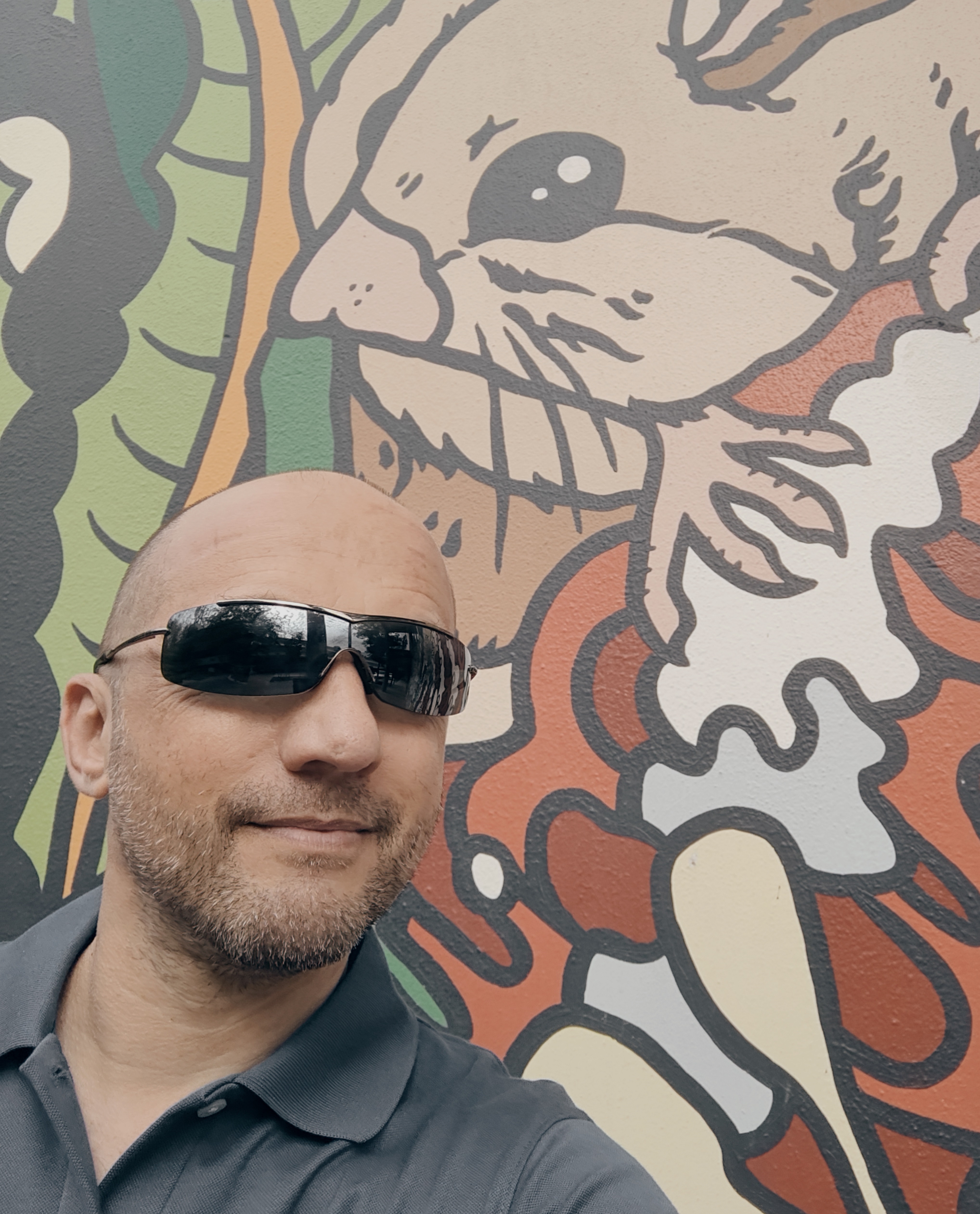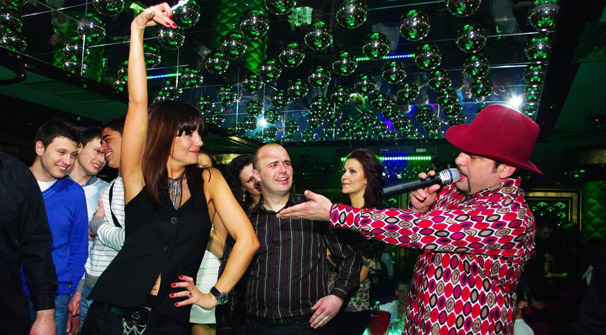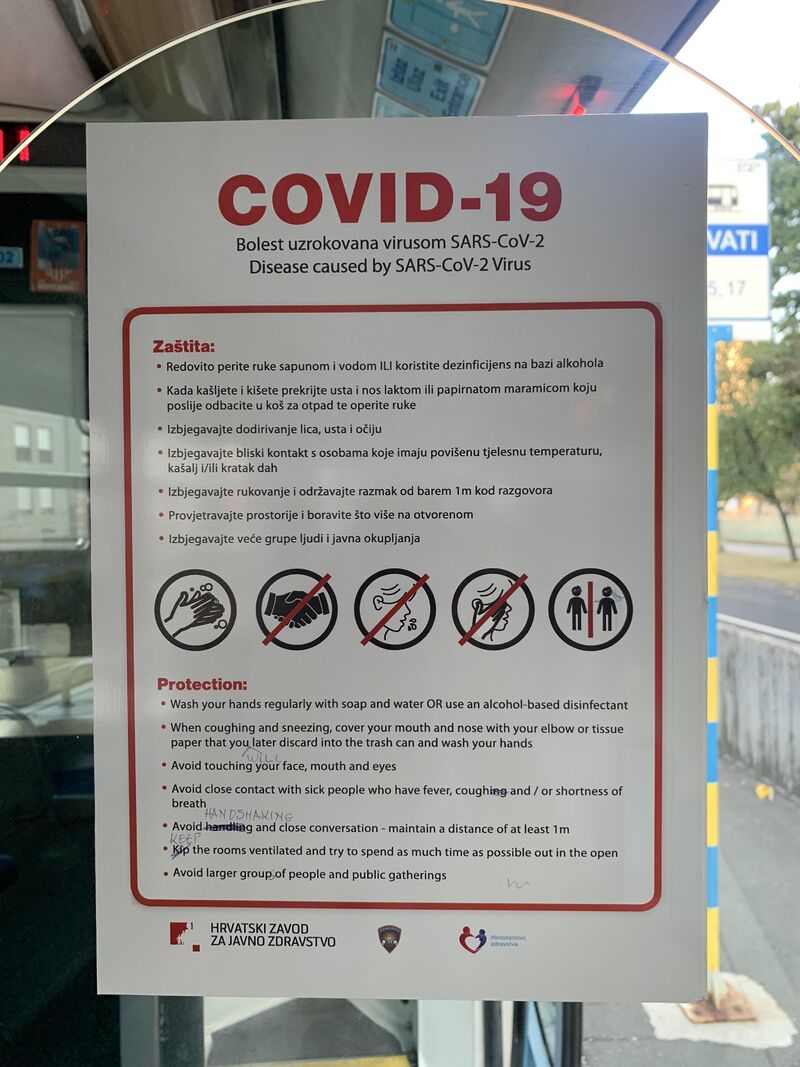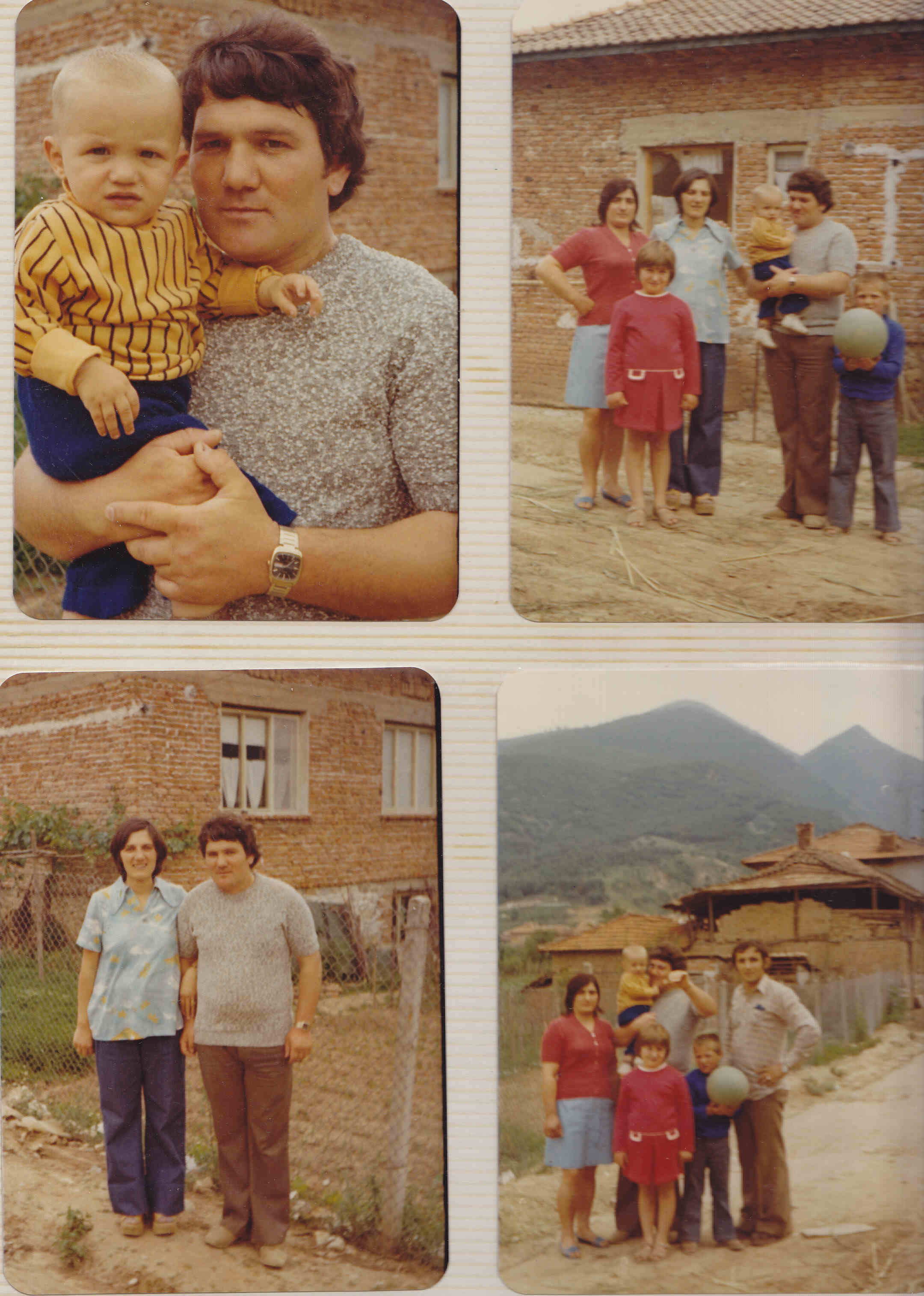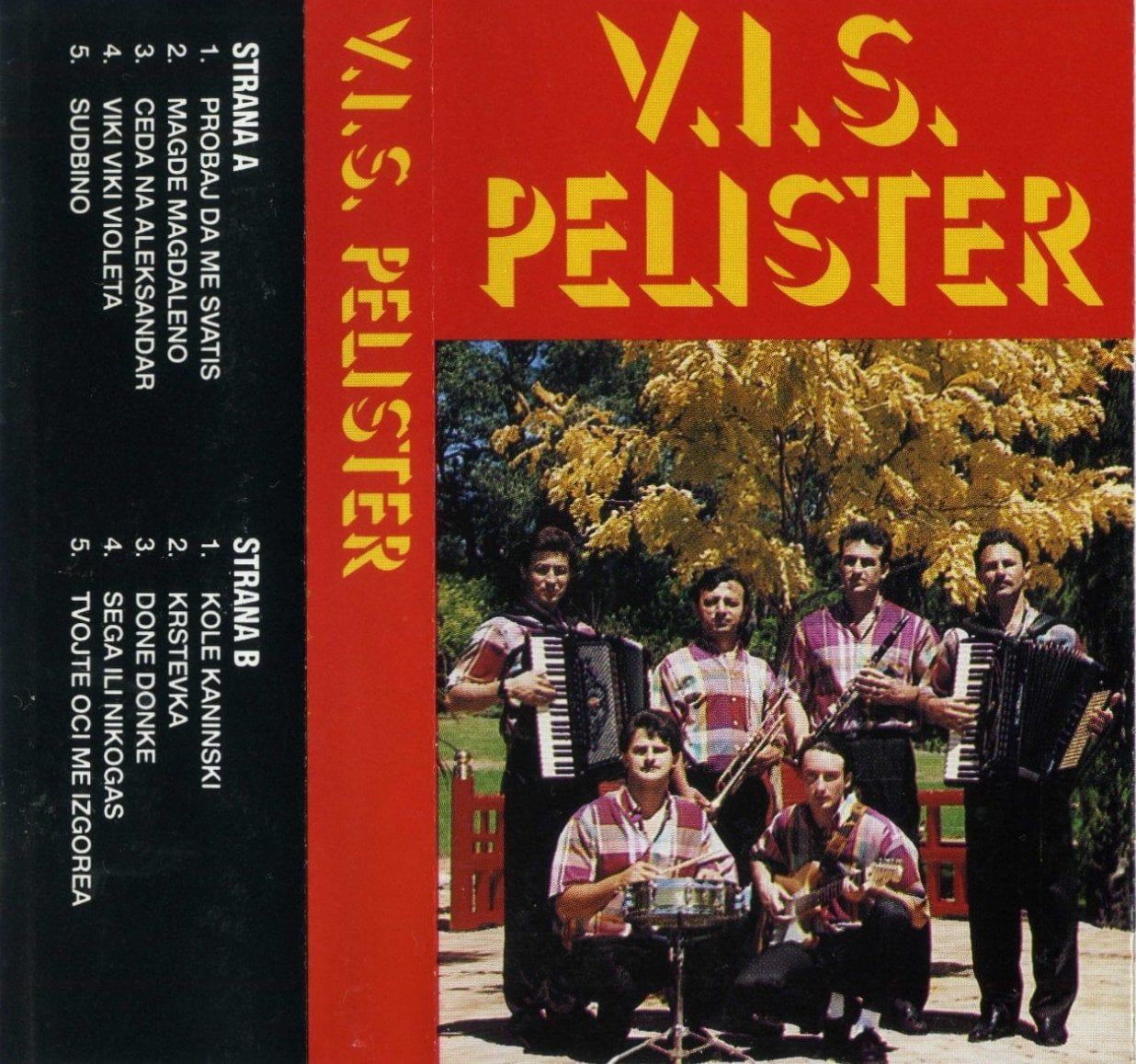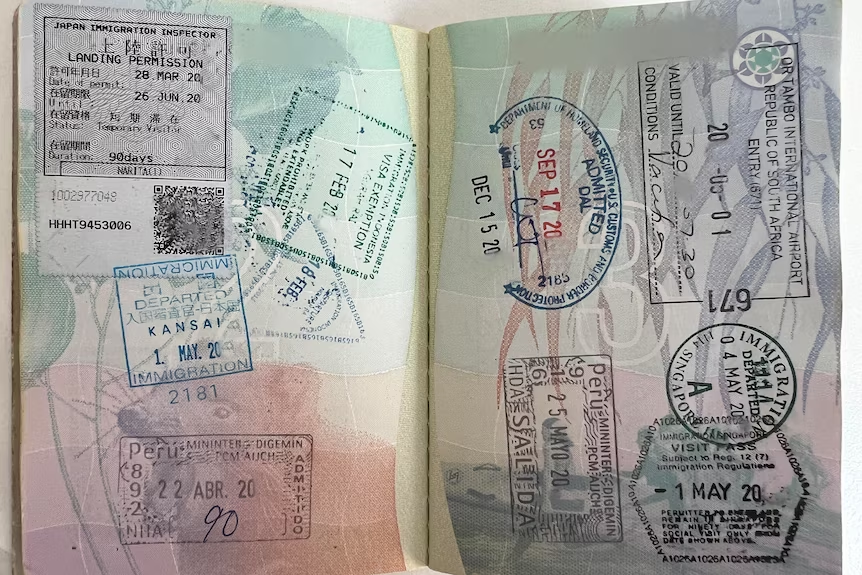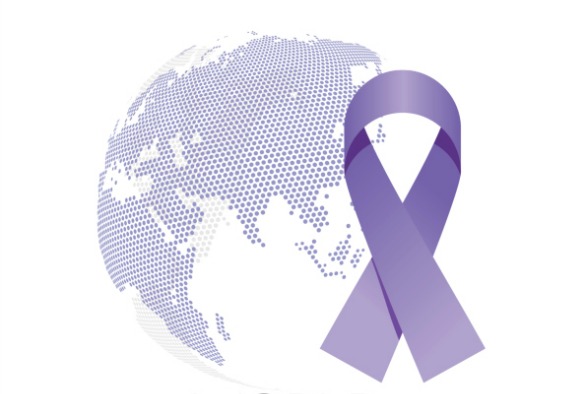'Krizmoz parti'
This was how the event held every December for the children of the Macedonian community in Adelaide, Australia was named on the community's calendar every year. Yes, it means 'Christmas Party' but it's not actually in a standardised form.
So why not use the proper Macedonian here?
Orthodox Christian-majority countries (primarily those in ex-Yugoslavia and ex-USSR) celebrate Christmas according to the Julian calendar, i.e. 7 January, a good two weeks after most of the rest of the world.

So what happens then with the diaspora communities of these countries living in other countries where Christmas is celebrated by the majority on 25 December?
Many celebrate both Christmases, but leaving the religious and ancestral country-specific traditions for 7 January (with some season-dependent exceptions) while celebrating the more secular aspects of Christmas (gift giving, Christmas trees and decorations) for 25 December, which in the ancestral countries are practices usually associated with New Year's.
So how then to distinguish between the two Christmases when speaking in the ancestral language? Do you call them both 'Christmas'?
A common practice is to call 25 December 'Catholic Christmas', which is how it's often referred to in the ancestral countries. However, this term then excludes all other non-Catholic Christian denominations and assumes that all Orthodox Christians celebrate Christmas on 7 January, which is not true as some Orthodox Churches (Greek, Bulgarian, Romanian, Ukrainian) also celebrate Christmas on 25 December.
The solution? Instead, many Serbs, Montenegrins and Macedonians in Australia colloquially refer to 25 December in their ancestral languages as "Krizmoz" (as in English but with their own accent) while leaving the actual term for 'Christmas' in their languages, Božić/Божиќ, for 7 January. Such a construct forms the essence of living languages. This is not lazy or degenerative speech but part of a dialectal form spoken by tens of thousands of speakers perfectly adapted to the circumstances in which these speakers live.
Community languages should be encouraged and celebrated, not denigrated or something to be shameful of.
Meri krizmoz! 🎅🎄🎁


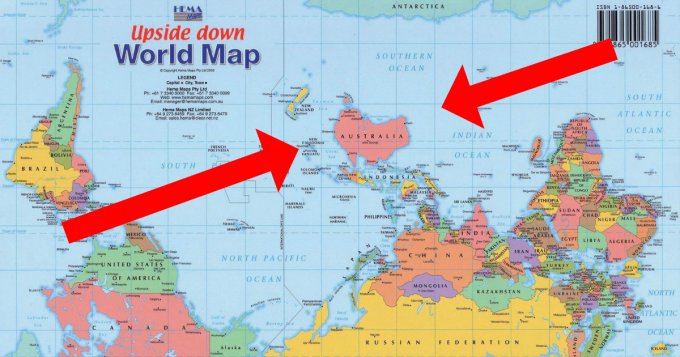



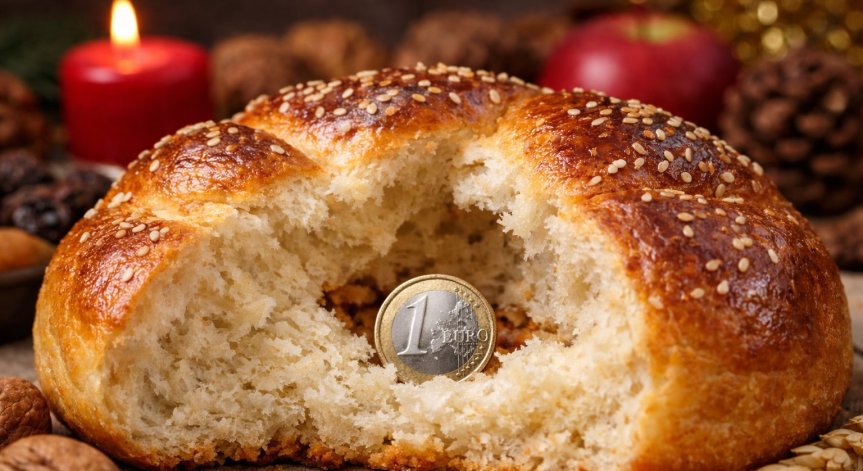


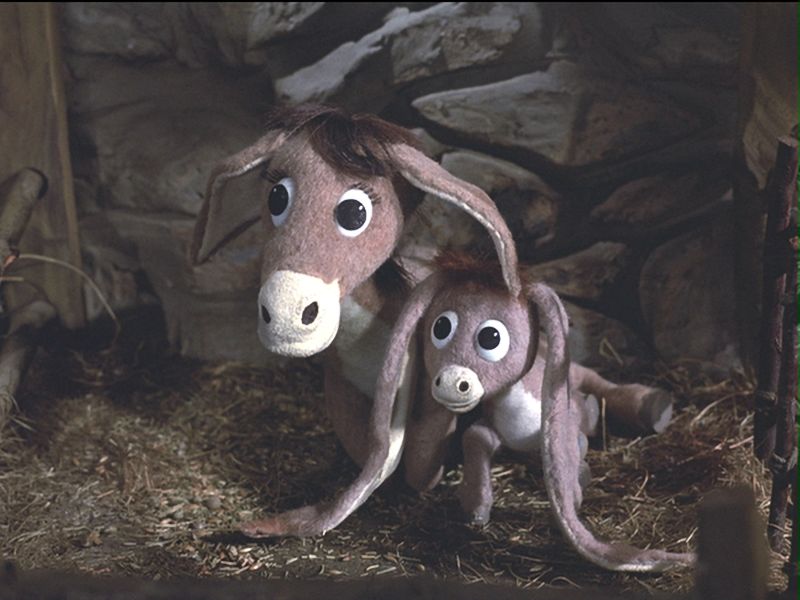

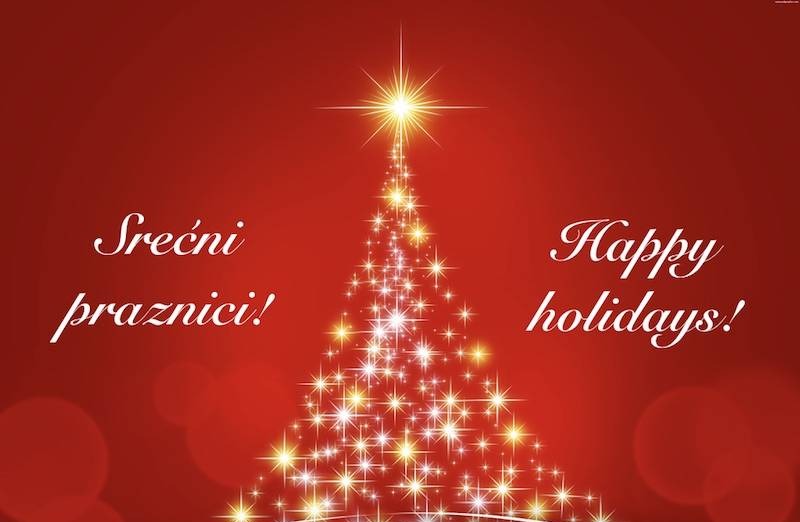

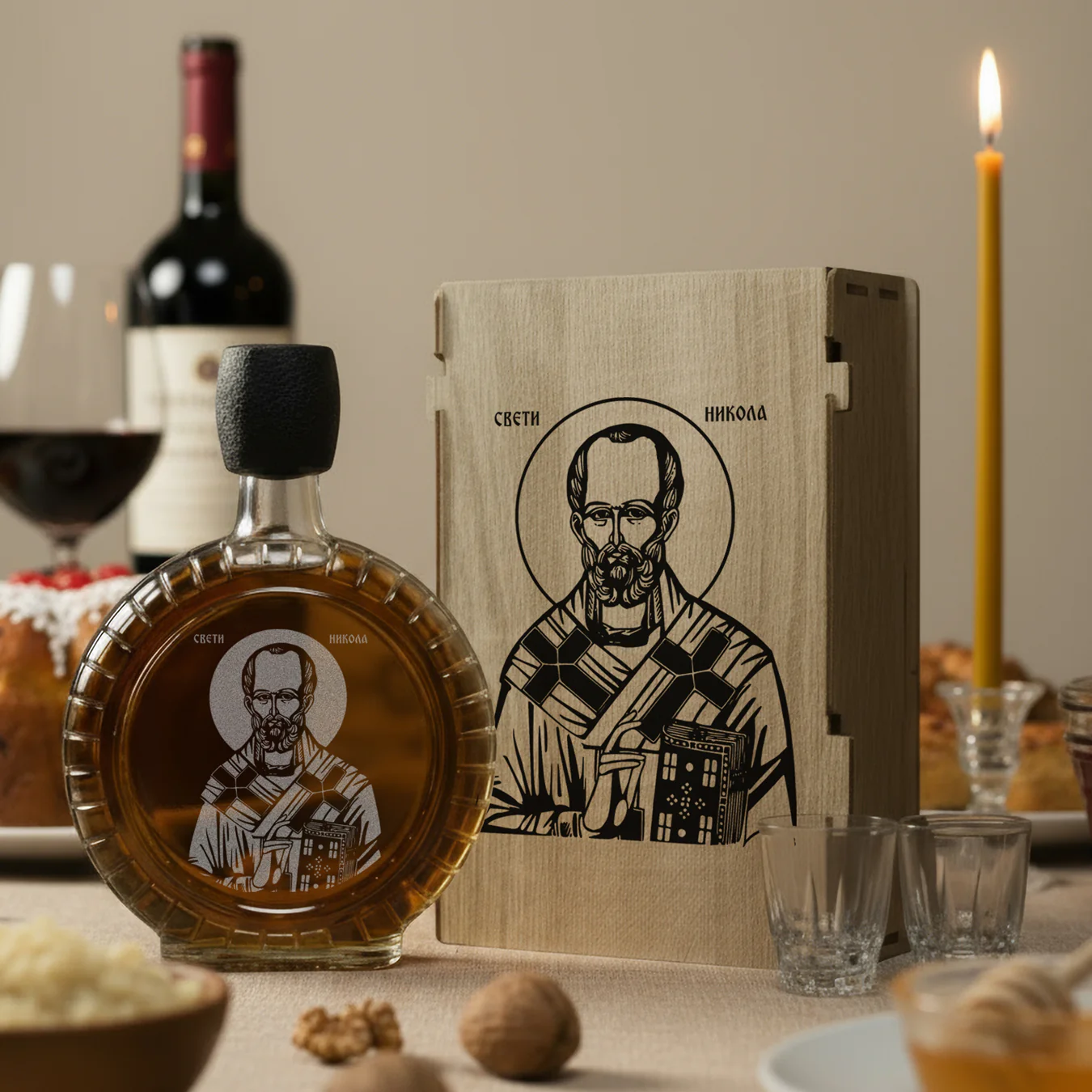
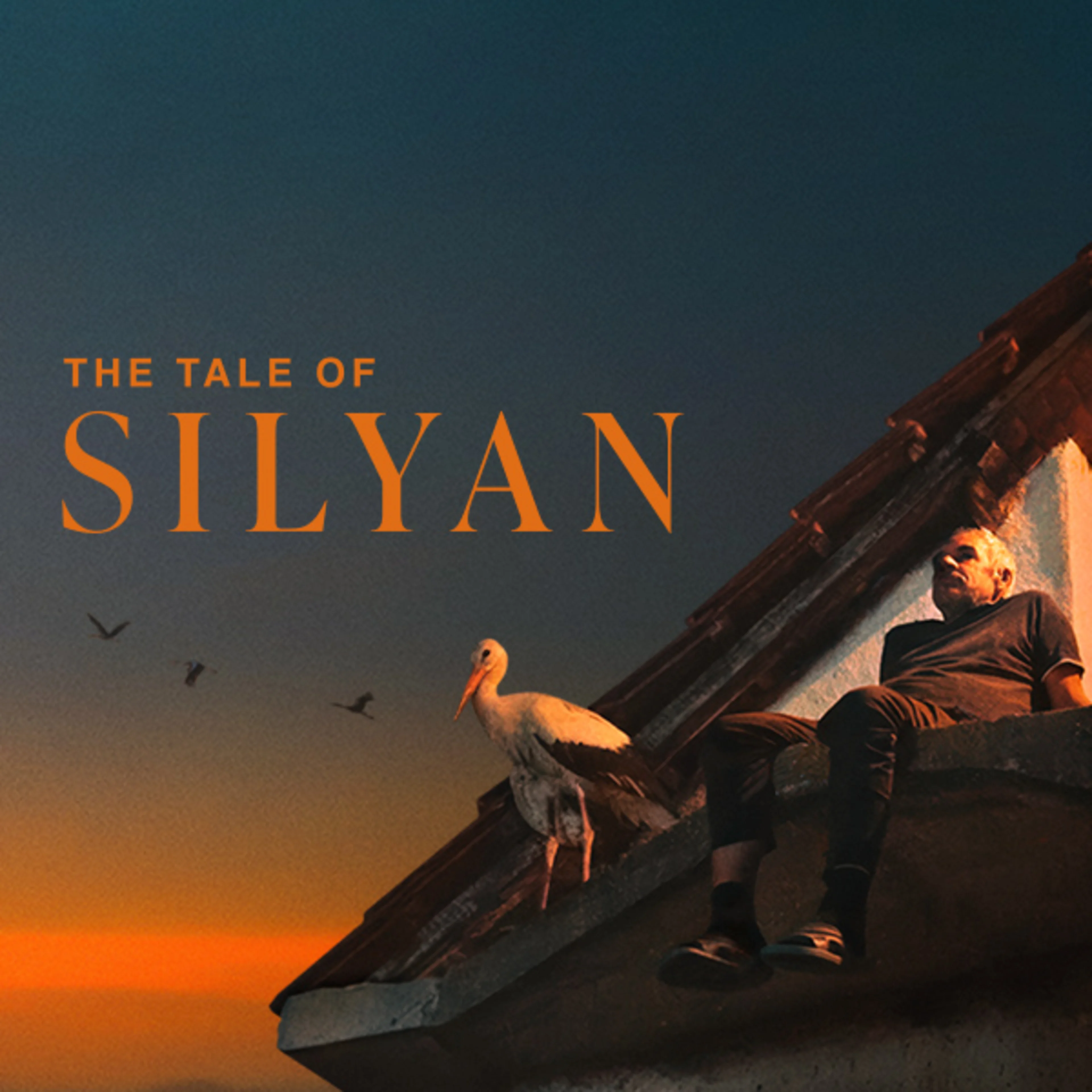

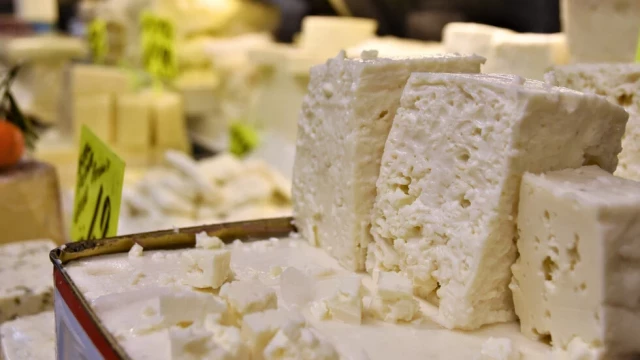
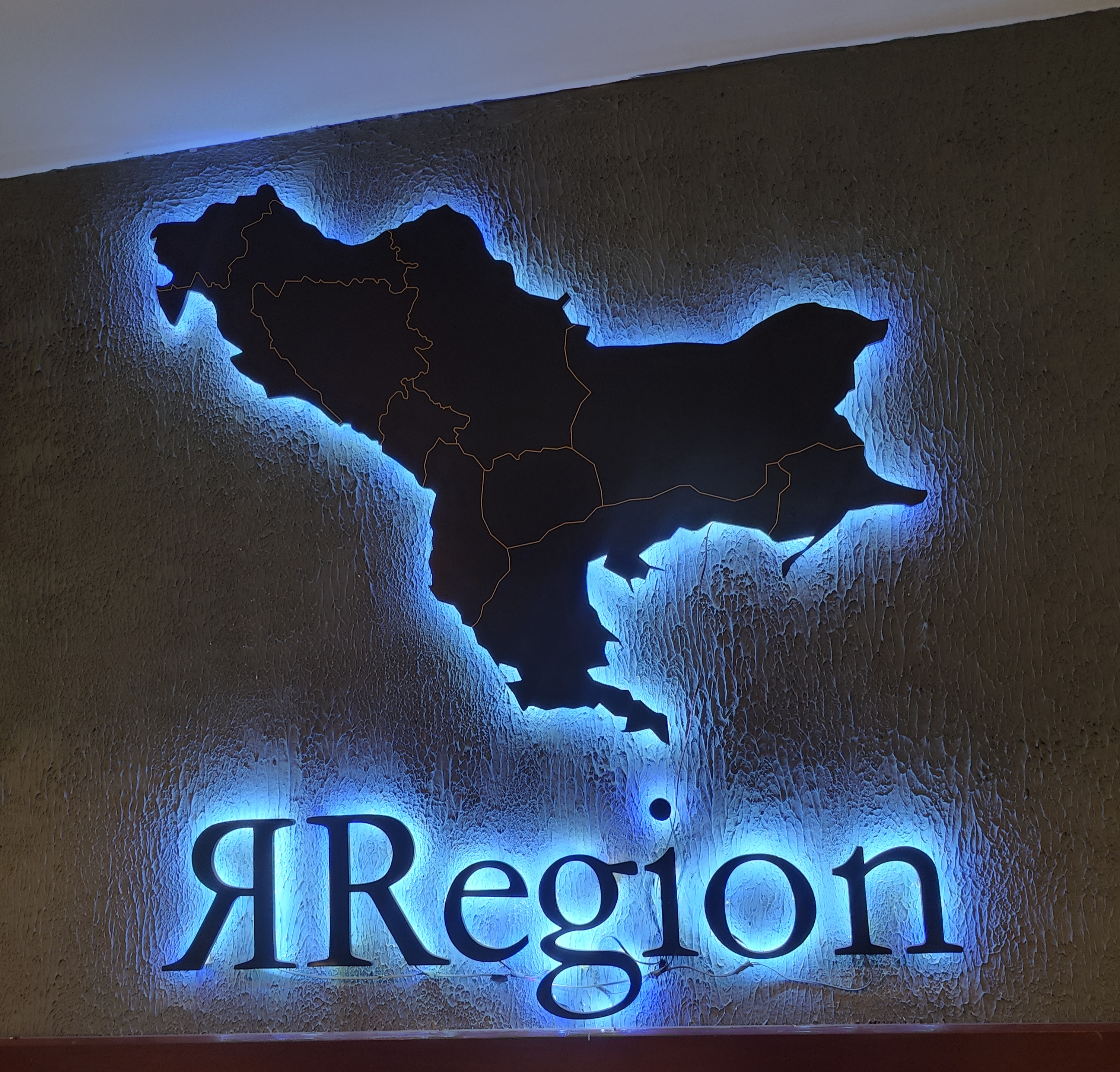
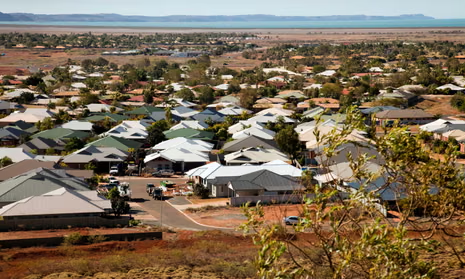


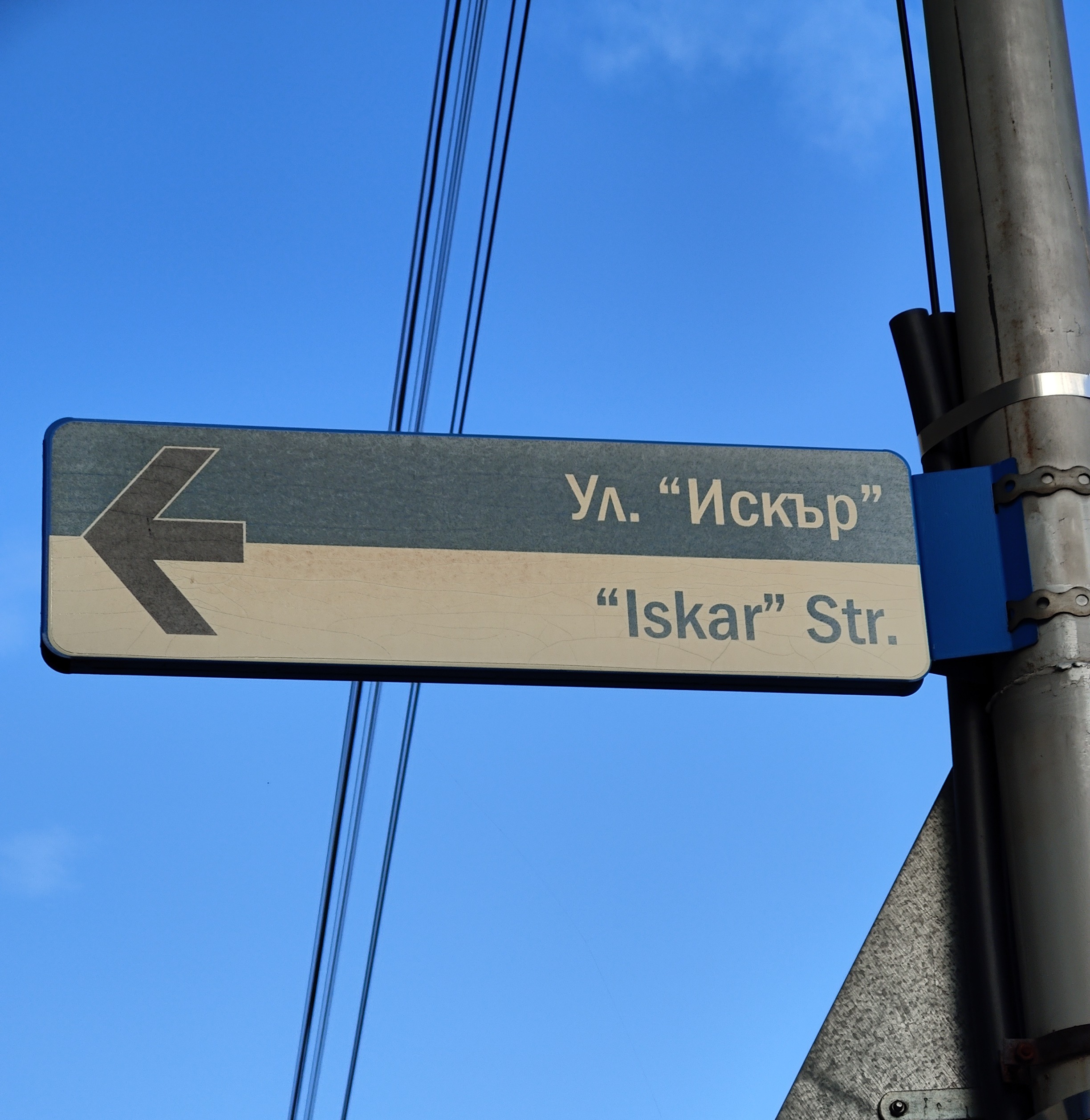






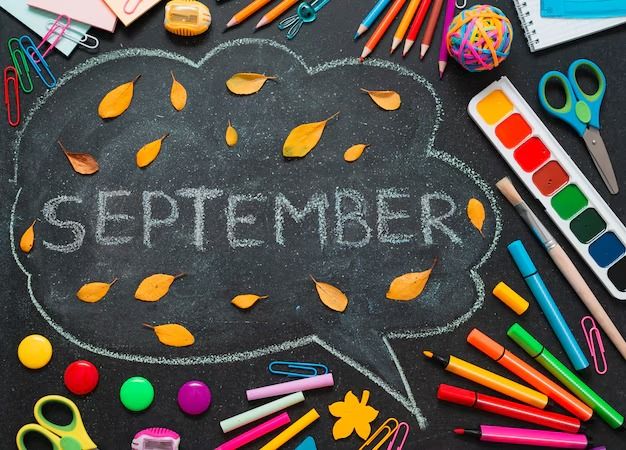


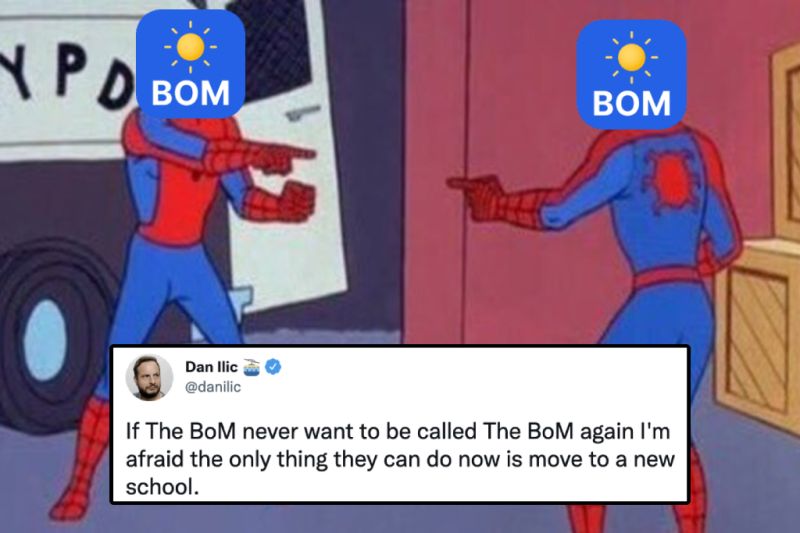
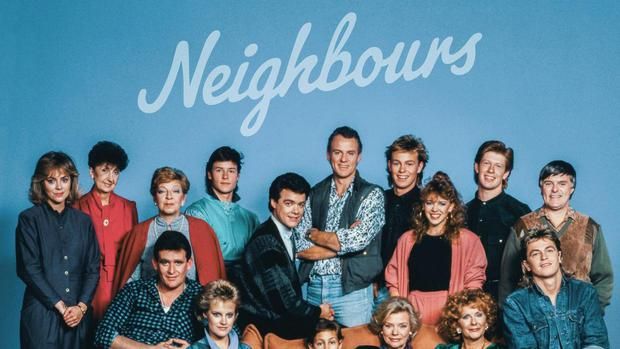




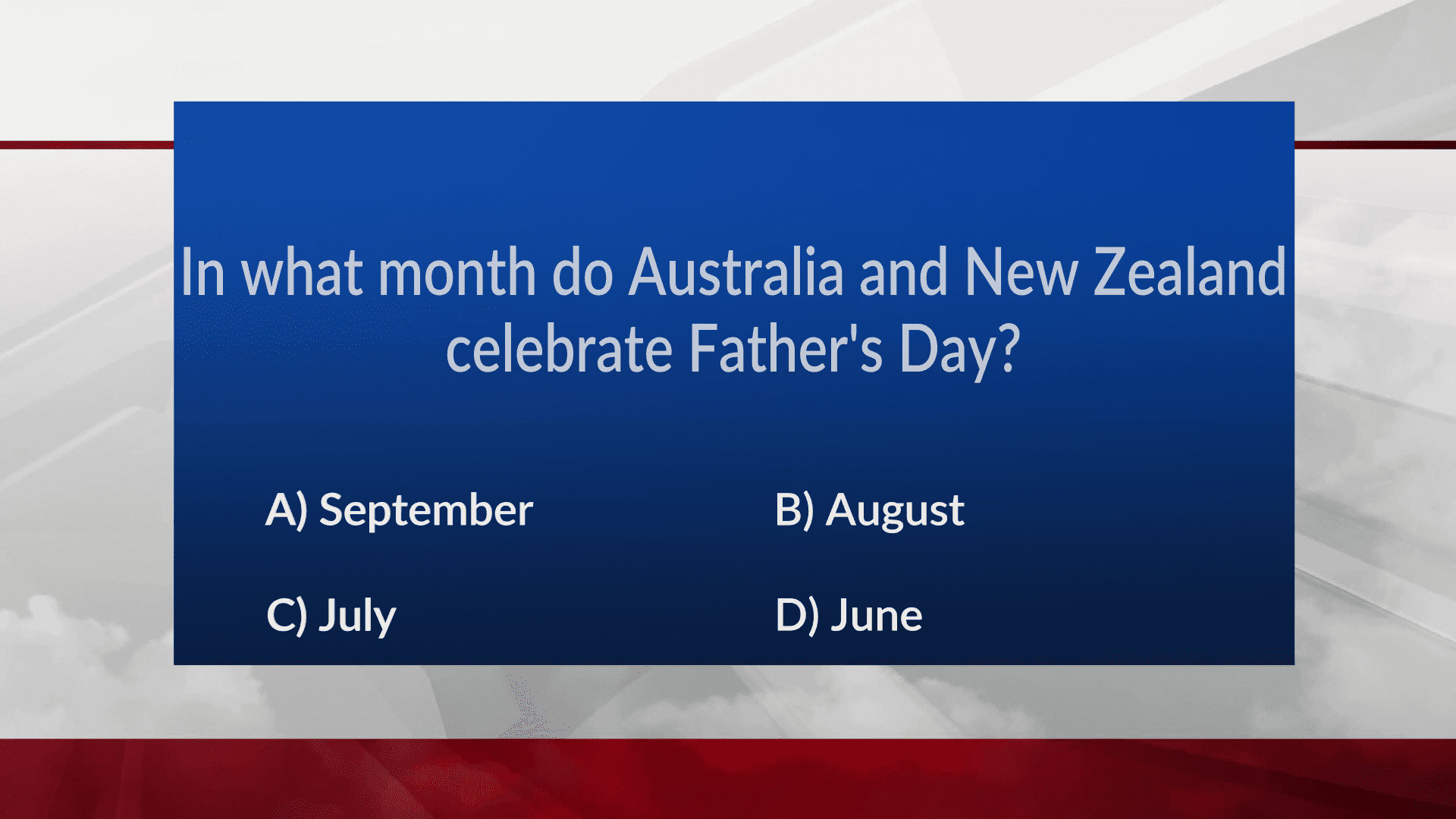




















































.%20A%20day%20of%20campaigning%20%E2%99%80%20%E2%80%A6%20or%20a%20day%20to%20buy%20flowers%20%F0%9F%92%90.jpg)


